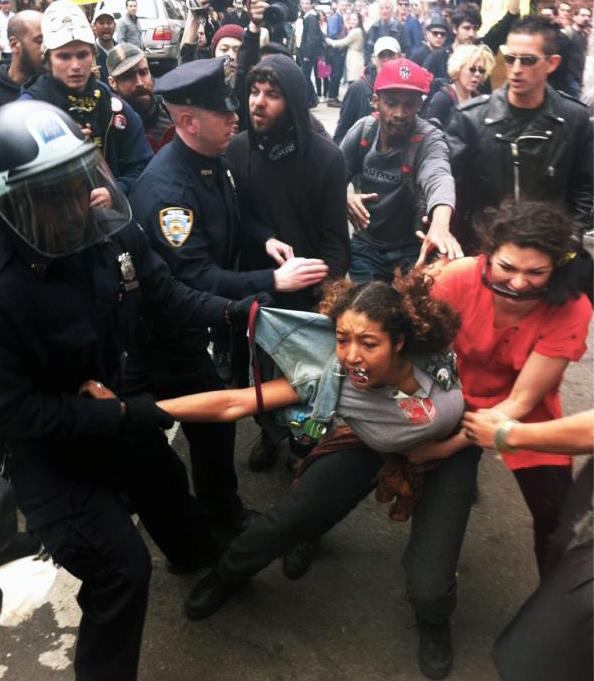John M. Patton of Virginia defended “the really harmless but apparently indecorous practice of wearing our hats” as a manifestation of the House’s resolute rejection of presidential meddlesomeness. “Regarding then this usage as merely ‘the outward and visible sign of the inward and spiritual’ freedom of this body from all executive control or interference, let us preserve it,” Patton declared on the floor. “And whenever, if ever, our executive magistrates shall attempt to employ any improper influence on this body, let us be found with our hats on.” ~ “The debate over the rule to ban hats on the House Floor,” September 14, 1837, Office of the Clerk of the U.S. House of Representatives






